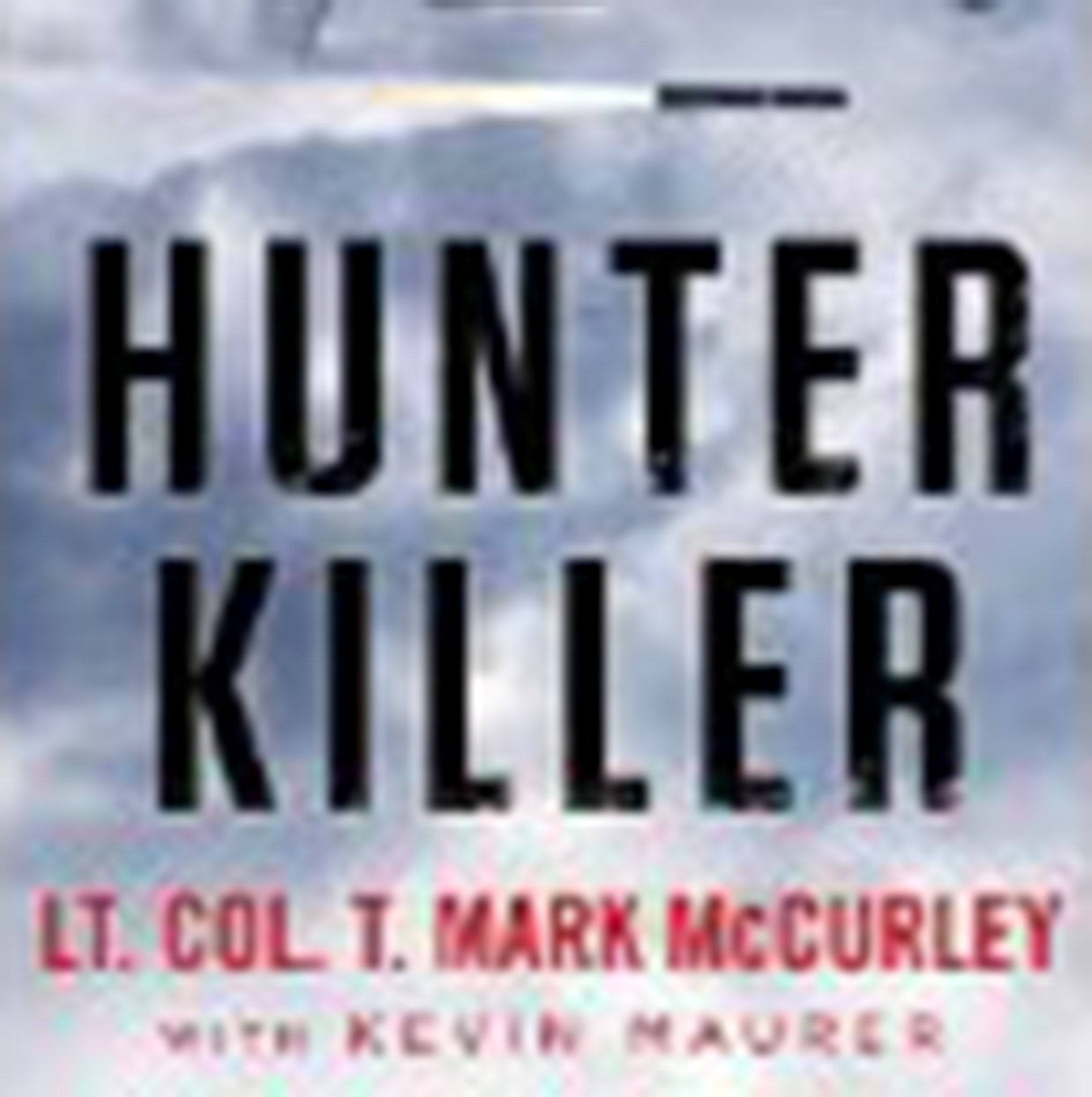Hunter Killer: Inside the Lethal World of Drone Warfare, book review: Simplistic look that doesn’t hit the mark
Man who pulled trigger is looking out over the neon lights of Vegas’s Sunset Strip, enjoying a martini and puffing a cigar

For many, one of the most disconcerting aspects of the United States’ embracing of drones to do its killing abroad is the thought of their operators, cosy in bases back in mainland America, moving the aircraft through a screen like it is a computer game.
This book is the first written by a senior officer in the drone warfare program, and therefore one of the first by those moving the joystick on to that target.
Lt Col Mark McCurley joined the Predator program in 2003 when it was still in its infancy, and saw it grow from being primarily a reconnaissance resource to one bristling with missiles.
One of the book’s surprises is the ubiquity today of the US’s drone fleet, or “remotely piloted aircraft” as McCurley insists on calling them. In 2011 Predators flew more than 500,000 hours in combat compared with 48,000 worldwide by the rest of America’s fighters and bombers.
Hunter Killer is about those controlling these missions, particularly focusing on those “days drenched in blood”. These men and women, it makes clear, do not treat their work like a computer game, somehow separating themselves from the impact of their actions. It is worse than that. According to this book, they often revel in the destruction.
Much of this, despite talk of going to “war” and being in “combat”, actually takes place from a camp just outside Las Vegas. There is a disconcerting moment when the drone operators are tracking their target while sat in their cubicle eating takeaways and with the basketball on TV in one corner.
McCurley and his co-writer, the populist military writer Kevin Maurer, are desperate to create an element of breathlessness to their story, even when it is essentially about people sat at a computer. Overexcited sentences like “the wolf pack hunted” abound. Everyone’s forehead is seemingly “creased with concentration”. Rooms routinely “buzz with anticipation”.
His thoughts on the moral implications of his job are no less simplistic. “Terrorists” are splattered and homilies espoused on the need to fight them “there”, so they don’t come to the United States’ own “backyard”.
One episode sees McCurley toasting “the death of an enemy”, while musing about the fragility of human life. The body is in Afghanistan. The drone is somewhere in a hanger in the Middle East. But the man who pulled the trigger is looking out over the neon lights of Vegas’s Sunset Strip, enjoying a martini and puffing a cigar.
Order for £8.54 (free p&p) from the Independent Bookshop: 08430 600 030
Join our commenting forum
Join thought-provoking conversations, follow other Independent readers and see their replies
Comments
Bookmark popover
Removed from bookmarks